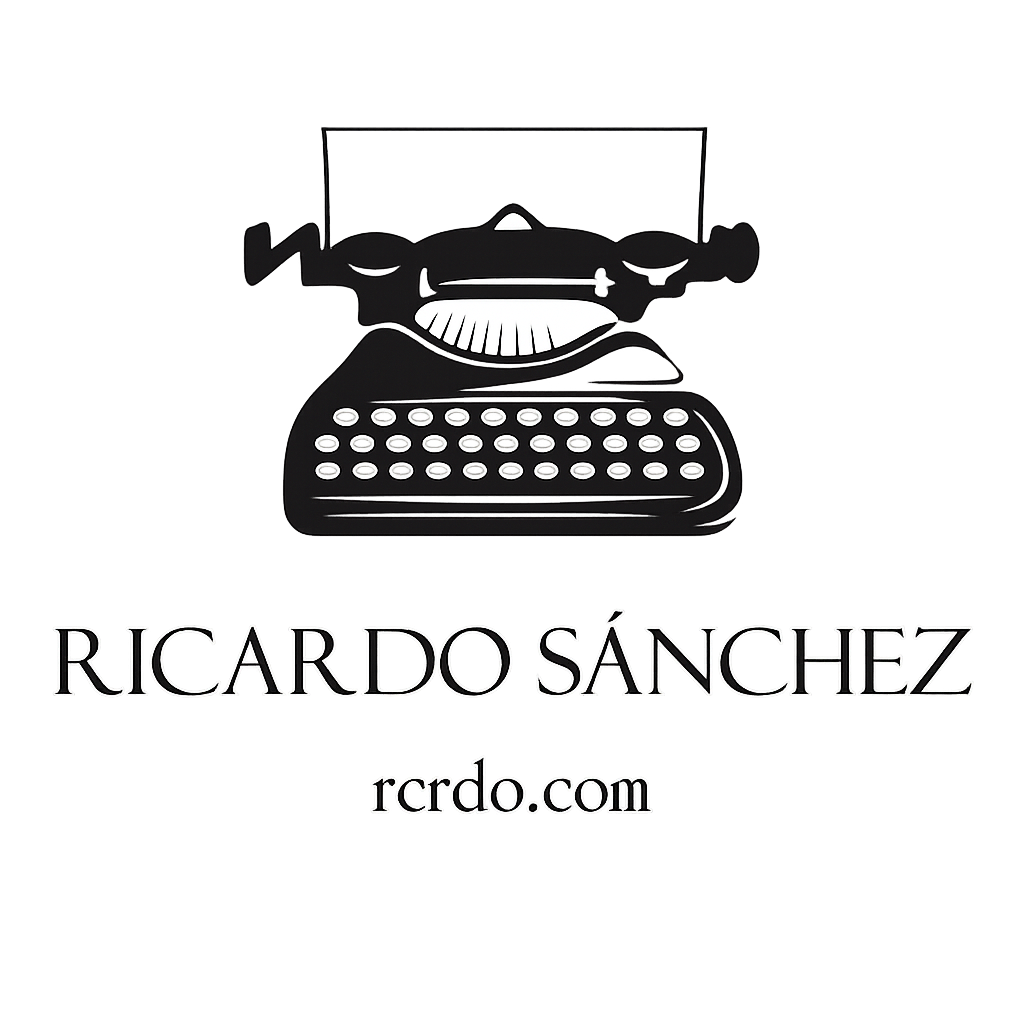Forget your past decisions and focus on today

We have all heard the saying that we should not overthink the “what ifs” and “what could have been.” I am here today to further support this idea and convince you that the “what could have been” and the “what ifs” in our minds do not matter. You need to forget about them—you need to let them go.
For years after moving to the United States, I played with the idea of what could have been if we hadn’t stayed in this country. What if my wife and I had taken our kids and left for Mexico to live there? Or what if I had gone to San Francisco, California, in the late 1990s and gotten a programming job at one of the many .com startups? What if I had continued my entrepreneurial path in Austin, TX, and instead of leaving for Seattle, focused more on my own business and ideas and fought harder to make it happen? Well, these and many more choices I didn’t make occupied my mind for years. But no more, and I feel lighter and happier because of it.
It is easy to romanticize the idea that things would have been much better had we taken a different path, but we just don’t know. In fact, the decisions we did make might be the ones with the best outcome—but again, we don’t know. What good is it to think that if you had made this decision or followed that path, things would be “better” today? That way of thinking is lazy at best; it is an easy excuse to point to when you feel you are not where you want to be today. But I am here to tell you, you are where you are supposed to be. And if it isn’t what you want, if you are not where you want to be, then change it by focusing on the present and forget about the past.
There is a well-known poem by Robert Frost titled “The Road Not Taken”, and in my opinion, this poem is often misinterpreted as celebrating the road less traveled. But it’s really about how we reflect on choices in our lives. Frost writes:
“I doubted if I should ever come back.”
This reflects how decisions we didn’t make become stories we tell ourselves, and we often romanticize them. It is important to remember that both roads in the poem are described as equally traveled:
“Though as for that, the passing there / Had worn them really about the same.”
Like in Frost’s poem, we often look back and wonder about the “road not taken.” But in reality, the other options might not have led to drastically different or better outcomes. Frost’s poem subtly reminds us that focusing on unmade decisions can be a distraction from appreciating where we are now. You need to forget about the decisions you didn’t make.
It is not easy to stop thinking about the options we turned down or the paths we didn’t follow, but it is necessary. The problem worsens when we have even more choices, as this often leads to regret about the unchosen options. We need to focus on the decisions we did make and the things we do have today. Focusing on the paths you didn’t take diminishes your ability to appreciate the ones you did.
The book “The Paradox of Choice: Why More Is Less” by Barry Schwartz clearly shows how most of us feel about this, and that needs to change if you want to move forward without regret and succeed at anything you want.
“When asked about the options they turned down, they can’t shake the feeling that something better may have been available.”
That feeling is exactly what we need to shake. We need to put it behind us so we can move forward.
After years of having my own regrets, I understood that the choices we make are the right choices for us at the time we make them. It is up to us to look forward and continue to make decisions as best we can, and not feel regret after we make them. If something doesn’t work out the way we expected, then change it. You still have today to do it, and possibly tomorrow, and another day after that.
There is a novel by Matt Haig titled “The Midnight Library”, which explores the idea of living different lives based on different choices. It emphasizes how sometimes not making a decision leads to a better result.
“You don’t have to understand life. You just need to live it.”
What I took from this novel is that agonizing over unchosen paths may blind us to the value of our present experiences. Don’t do that to yourself—live your life and appreciate what you have today. And if you want something else, stop thinking about the past and change your present; do something different today.
I hope this helps as a reminder to stop thinking about what you didn’t do, and focus on what you did—and, more importantly, on what you can do today.
Here’s another quote I want to share from Vietnamese Zen master and peace activist Thich Nhat Hanh’s “No Death, No Fear”:
“We cannot enjoy life if we spend a lot of time worrying about what happened yesterday and what will happen tomorrow.”
One of my favorite ideas from this book is about living mindfully. It emphasizes the importance of living in the present moment, practicing mindfulness, and being aware of each moment. This resonates with everything I’ve written above. In simple words: focus on the present and let go of the past.
Personally, I am happy with the decisions I’ve made, and every day, I try to make the best decisions I can with the information and experience I have. If something doesn’t work as expected, then it’s an opportunity to change something now and see a different result later.
Have a great weekend.
